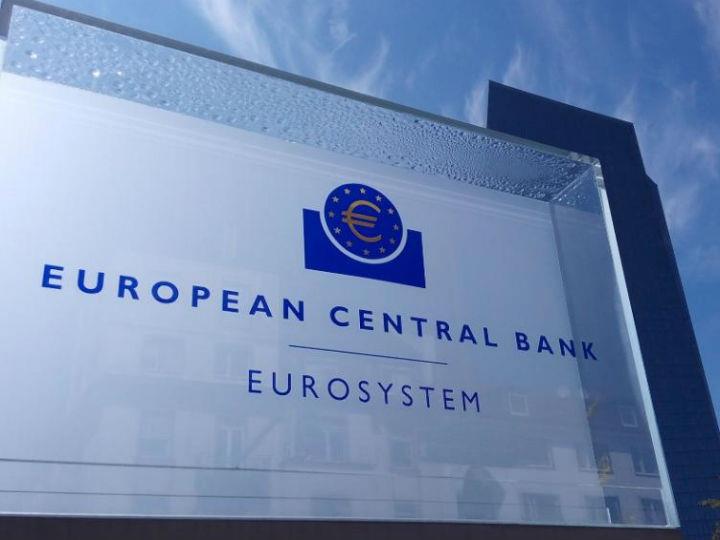On Thursday evening, Plenary approved the “quick fix” to the capital requirement regulation (CRR) to temporarily ensure favourable conditions for banks. This will support credit flows to companies and households and absorb losses, mitigating the economic consequences of the COVID-19 lock-down.
With a view to striking a balance between a robust and stable banking system and securing much-needed credit for the EU economy, MEPs agreed on specific temporary changes to the CRR, which will have to be coherently applied in the EU.
The adopted changes include
-Deferred application of the leverage ratio buffer (leverage ratio is a ratio between a bank’s capital and its exposures) by one year to January 2023 to allow banks to increase the amount that they would be able to loan.
-Pensioners or employees with a permanent contract will be able to get a loan under more favourable prudential conditions. The loan will be backed by the borrower’s pension or salary.
-Advanced application of both the SME and infrastructure supporting factor, which allows for a more favourable prudential treatment of certain exposures, ensuring credit flows to SMEs and supporting investments in infrastructure.
-Banks will now be able to treat some software as their own capital, an exemption that will kick in earlier than planned. This could also encourage banks to invest in software and digitalisation.
-Liquidity measures provided by central banks in a crisis context will be effectively channelled by banks to the economy.
In order to support funding options in non-euro member states fighting the consequences of the COVID-19 pandemic, the MEPs reintroduced transitional arrangements for exposures to national governments and central banks denominated in a currency of another member state. Finally, taking into account the extraordinary impact of the COVID-19 pandemic and the extreme levels of volatility in the financial markets, MEPs agreed to introduce a temporary prudential filter to calculate unrealised losses on banks’ holdings of public debt.
More details can be found here.
Next steps
The new rules have been adopted with 502 votes to 169 and 17 abstentions.
The plenary session vote on the CRR quick fix was the final vote on the text already agreed with the Council. The changes will enter into force on the day following its publication in the Official Journal of the EU.
*Source: European Parliament




 By: N. Peter Kramer
By: N. Peter Kramer
